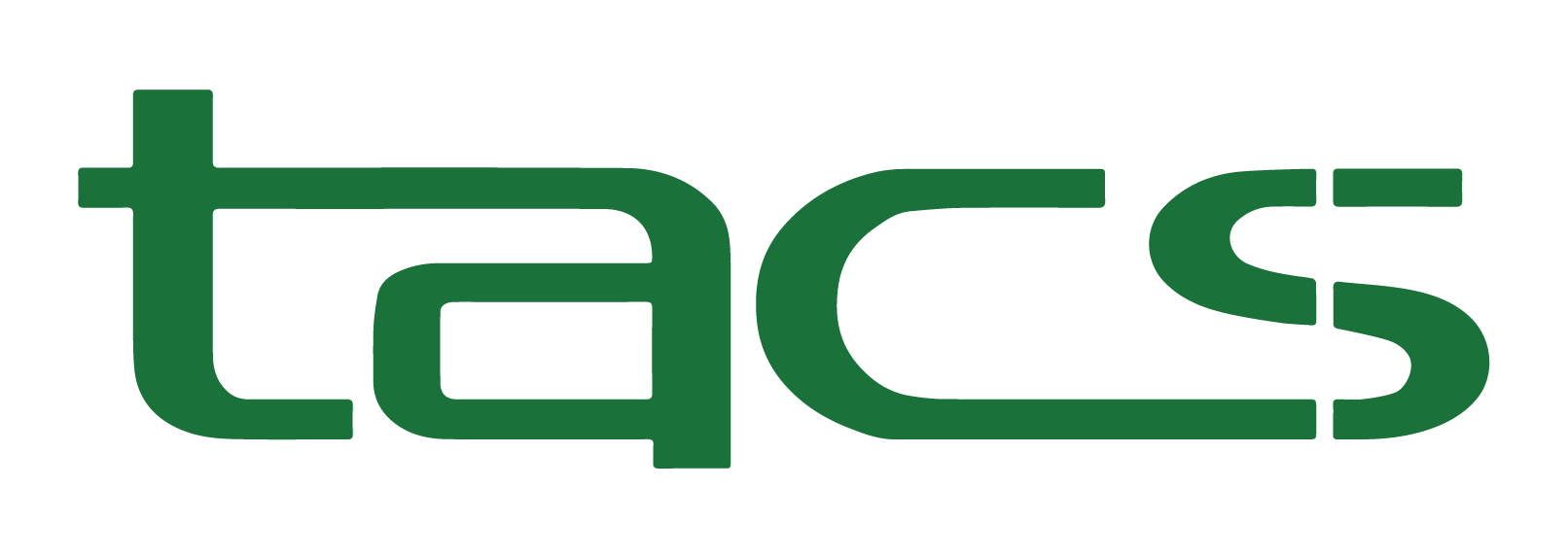You are correct. A Treasurer’s Lien attaches to the property of the debtor from the time it is received and attaches to all earnings of the debtor until the employer makes a return. The Treasurer’s Lien is different from, and distinguishable from, a garnishment. When wages are garnished, the debtor/employee is entitled to claim certain exemptions that exclude certain property from the reach of creditors. These exemptions do not extend to distress or lien for local taxes. Code of Virginia § 34-3.
Another difference is in the amounts subject to the Treasurer’s Lien. A garnishment (other than for child support) may only reach 25% of a debtor’s disposable earnings. A tax lien is not so limited and attaches to all of the debtor’s disposable income. Code of Virginia § 34-3; 1986-87 Report of the Atty. Gen. 309. Additionally, the federal limitations on garnishment, which require the employer to leave the employee with at least forty times the minimum wage, are not intended to extend to local tax debts. This is stated in the Code of Federal Regulations. 5 C.F.R. 582.402(b). You should point this out to the employer in this case, and make them understand the difference between your lien and a typical garnishment.
